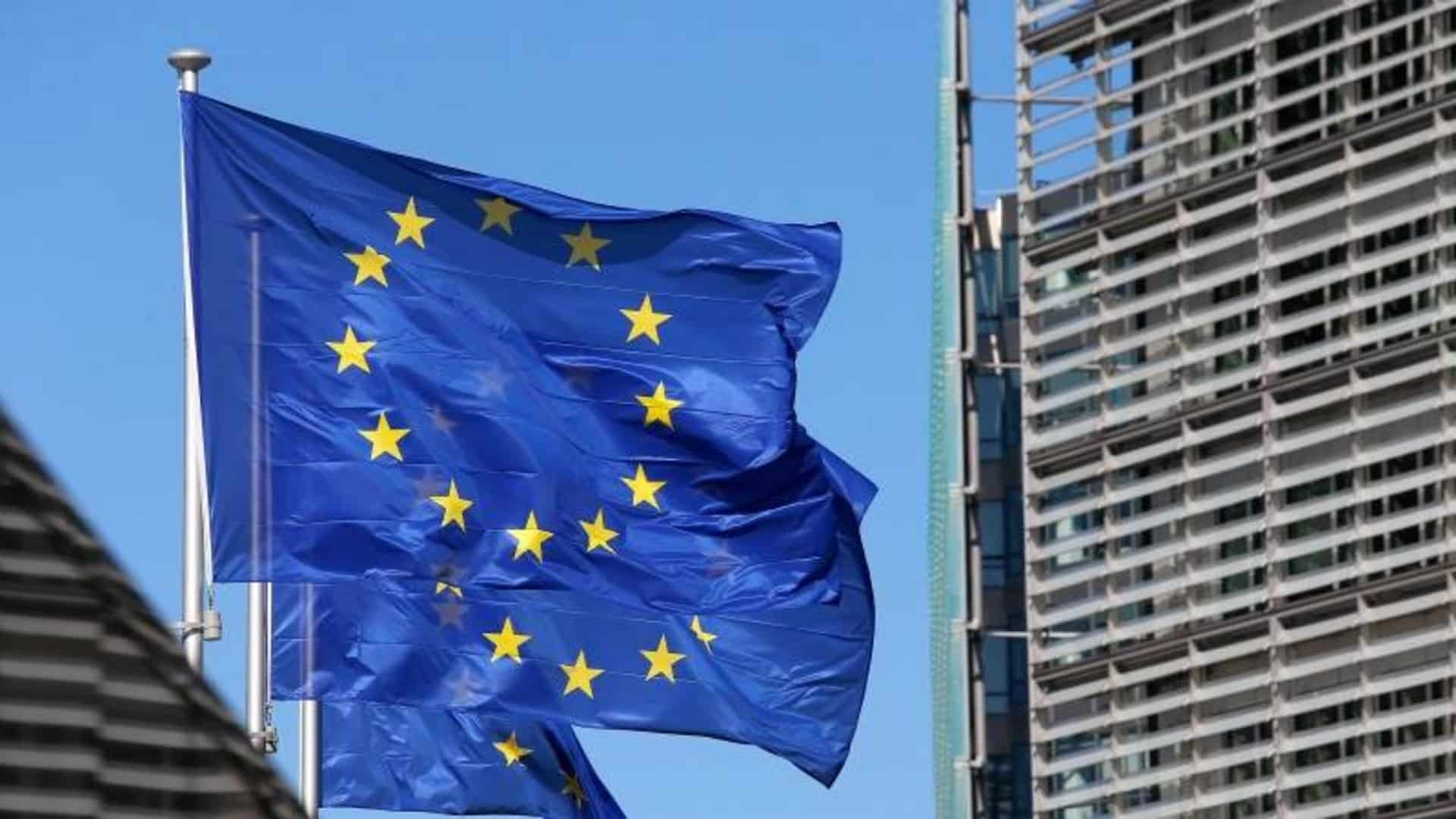In a scathing response, the European Union EU denounced the tragic shooting of a Georgian civilian by Russian troops near the disputed South Ossetia region, which has been under Moscow's control since the 2008 invasion. The incident has ignited international outrage and raised concerns about the volatile situation in the region.
"The EU strongly condemns the killing of a Georgian citizen and the detention of another one by the Russian border guards in Kirbali. We call for an immediate release," EU foreign policy chief Josep Borrell expressed on social media. He also emphasized that the Russian military presence in the occupied regions of Abkhazia and South Ossetia is illegal.
Georgia officially reported that Russian troops killed a civilian and abducted a second person, a claim verified by an EU monitoring mission on the ground. Local residents recounted that the victim was a 58-year-old man who, along with fellow villagers, attempted to visit a church that had been off-limits to Georgians due to Russian restrictions.
Kremlin spokesperson Dmitry Peskov responded to the incident, stating, "I do not have any information about that." This lack of transparency raises further questions about Russia's involvement in the matter.
South Ossetia, an area effectively controlled by Russia since the 2008 war, was recognized by the Kremlin as an independent state in the aftermath of the conflict. Detentions of Georgian villagers along the boundary with South Ossetia have frequently drawn international condemnation.
The recent incident comes amidst heightened tensions between Russia and the West, stemming from Moscow's ongoing conflict in Ukraine. Georgia has intensified its efforts to join the EU, seeking the bloc's official candidacy in a report set to be released by Brussels on Wednesday.
The situation highlights the complex web of political and territorial disputes in Eastern Europe, further exacerbating diplomatic tensions and keeping the region on edge as international leaders grapple with the ongoing crisis in Ukraine and its far-reaching consequences.




















